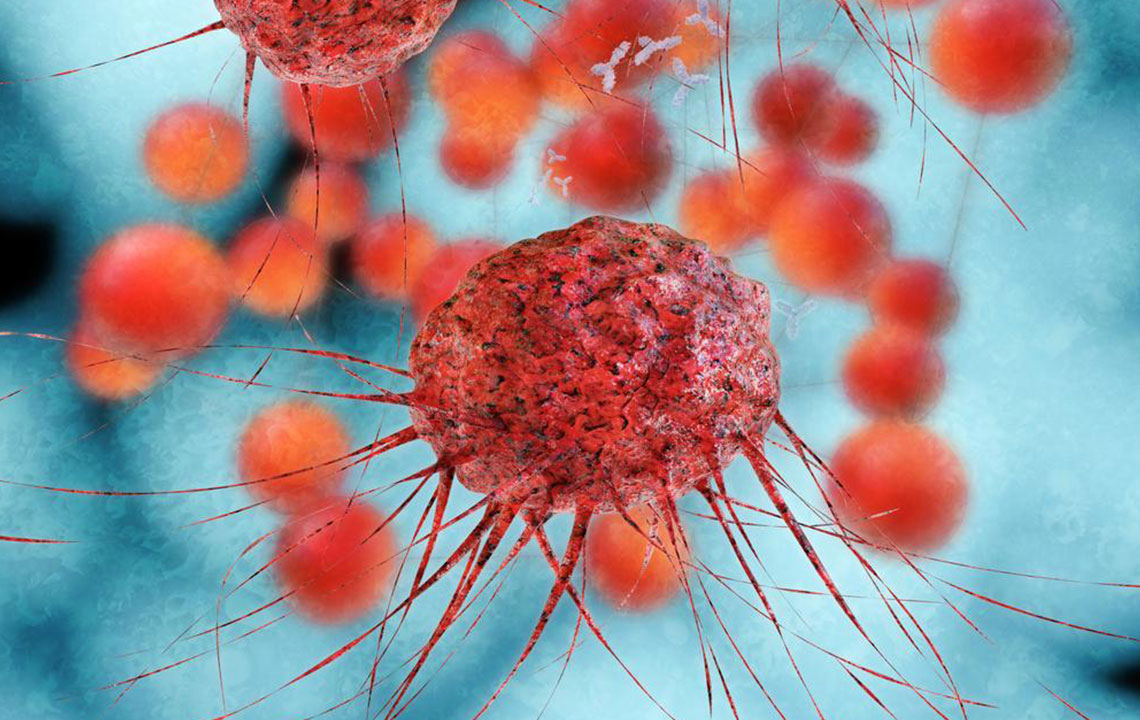Recognizing Indicators and Symptoms of Advanced Breast Cancer
This article explores the key signs and symptoms of advanced breast cancer, including its progression, causes, and impacts on body organs. Understanding these indicators can help in early detection and management of the disease, emphasizing the importance of awareness and timely medical intervention.

Indicators and Manifestations of Advanced Breast Cancer
Cancer remains one of the most life-threatening diseases globally, known for its relentless progression. The pain and suffering it inflicts can be overwhelming for patients and their families. Early detection often allows successful treatment through methods like chemotherapy, but once cancer reaches an advanced stage, it becomes difficult to cure.
Metastatic cancer occurs when malignant cells spread from the original tumor to other body parts, worsening the prognosis and overall health.
Unhealthy lifestyles and poor dietary choices can elevate cancer risk. The rise in breast cancer cases, especially among women, highlights the need for awareness. Initially manifesting as a lump, untreated breast cancer may progress to metastatic stages, spreading to bones, lungs, liver, and brain.
Understanding Metastatic Breast Cancer
Often mistaken solely as breast cancer, metastatic breast cancer—also called stage IV or secondary breast cancer—is the final and most aggressive phase. It originates in breast tissue and spreads through abnormal mutations caused by DNA errors, leading to malignant growths. Although it impacts other organs, it remains classified as breast cancer, not a different cancer type.
Causes Behind Metastatic Breast Cancer
Genetics play a key role; a family history of breast cancer significantly increases risk.
Higher exposure to estrogen hormones has been linked to increased metastatic breast cancer risk.
Early menarche (before age 12), late menopause (after 55), and childbirth timing can influence susceptibility.
Dietary habits, such as alcohol consumption and obesity, are associated with higher risk.
Signs and Symptoms of Advanced Breast Cancer
Because metastasis often affects bones, liver, lungs, and brain, symptoms vary based on the affected organ.
Bone involvement: Swelling, fragility leading to fractures, and joint pain.
Brain metastasis: Seizures, behavioral changes, vision issues, persistent headaches, and nausea.
Liver metastasis: Jaundice, elevated liver enzymes, skin rashes, abdominal pain, nausea, vomiting, and appetite loss.
Lung metastasis: Breathing difficulties, chronic cough, fatigue, and chest pain.
Support from loved ones remains crucial, even as treatments aim to alleviate suffering.










